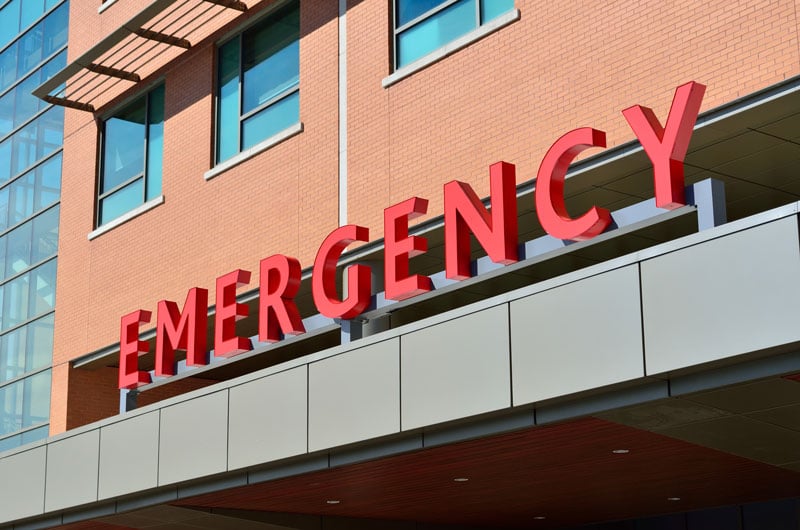In an emergency, there’s not much time to think. Someone you love is hurt, and you call 911. The dispatcher sends an ambulance. Your loved one is rushed to the nearest emergency room, and they are treated on the way to and at the hospital. It’s not until you get the bill that you think about the costs. Was the ambulance provider in-network? What did the EMS professionals do on the way that added to the bill?
Insurance coverage can vary wildly as to how much is covered. They will generally pay at least a portion of the bill as long as the ride was deemed “medically necessary,” meaning it is the only safe way to transport you. Today, we’ll talk about how much you can expect to pay for an ambulance ride and which insurance policies should help cover the costs.How much does an ambulance cost?
Several factors that can determine how much an ambulance costs such as:
-
Which company is providing the ride
-
The distance traveled
-
The services provided in the ambulance
-
Medical equipment used
-
What capabilities the ambulance CAN provide (a more robust ambulance will generally cost more).
The range is very broad! The costs can range from a few hundred dollars to a few thousand dollars.
Who pays for an ambulance?
The good news is that most insurance plans cover the cost of an ambulance ride, in full or a percentage. But which insurance policy will pay? Let’s talk about car insurance versus health insurance.
Car Insurance Ambulance Coverage
If you are injured in a car accident, your car insurance policy most likely will cover the cost if the transport is “medically necessary.”
-
In no-fault states, PIP (personal injury protection) policies will cover the cost no matter who was at fault.
-
There are add-on policies that are called medical payouts that can be added to car insurance policies that will help cover medical costs including transport to the hospital.
-
The other driver's liability coverage for bodily injury will pay if the accident happened in a fault state and the accident was the other driver’s fault.
-
Uninsured/underinsured motorist coverage for bodily injury is required in some states and optional in others. It will cover the costs of an ambulance and other medical expenses if the other driver doesn’t have enough insurance.
Get more information about Tennessee car insurance laws.
Health Insurance Ambulance Coverage
If you are injured or have a health incident like a heart attack or a nasty spill that leaves you unconscious or in severe pain, healthcare insurance will kick in.
-
If you have Medicare, they will cover a portion, especially if you have Part B coverage. According to Medicare Interactive, “Part B covers medically necessary emergency and non-emergency ambulance services at 80% of the Medicare-approved amount. In most cases, you pay a 20% coinsurance after you meet your Part B deductible ($185 in 2019).
-
Private insurance is a different animal altogether. The federal government sets reimbursement rates for patients on Medicare, but it does not regulate ambulance costs for patients with private insurance. Depending on your plan, the insurance provider could pay as little as 20% or as much as the whole bill.
Can My Friend Drive Me to the Hospital?
Knowing that insurance coverage can vary, a friend or family member CAN drive you to the hospital. But, if it is a situation where you need care on the way, it’s best to call 911. The bottom line is insurance may cover your ambulance ride. It just depends on the circumstances and your policy. Many factors that impact the cost and therefore the bill.
As a consumer, it would be smart to take a few minutes and investigate what your insurance covers, which ambulance providers are in-network, and which hospitals are in-network. You never know when an emergency will occur, and understanding these details could save you hundreds or thousands on an ambulance bill.
Both health and car accidents can be devastating for the individual’s health and on finances. With Bart Durham on your side, you can get the compensation you deserve. Our consultations are FREE and provide us with a chance to hear more about your case.


